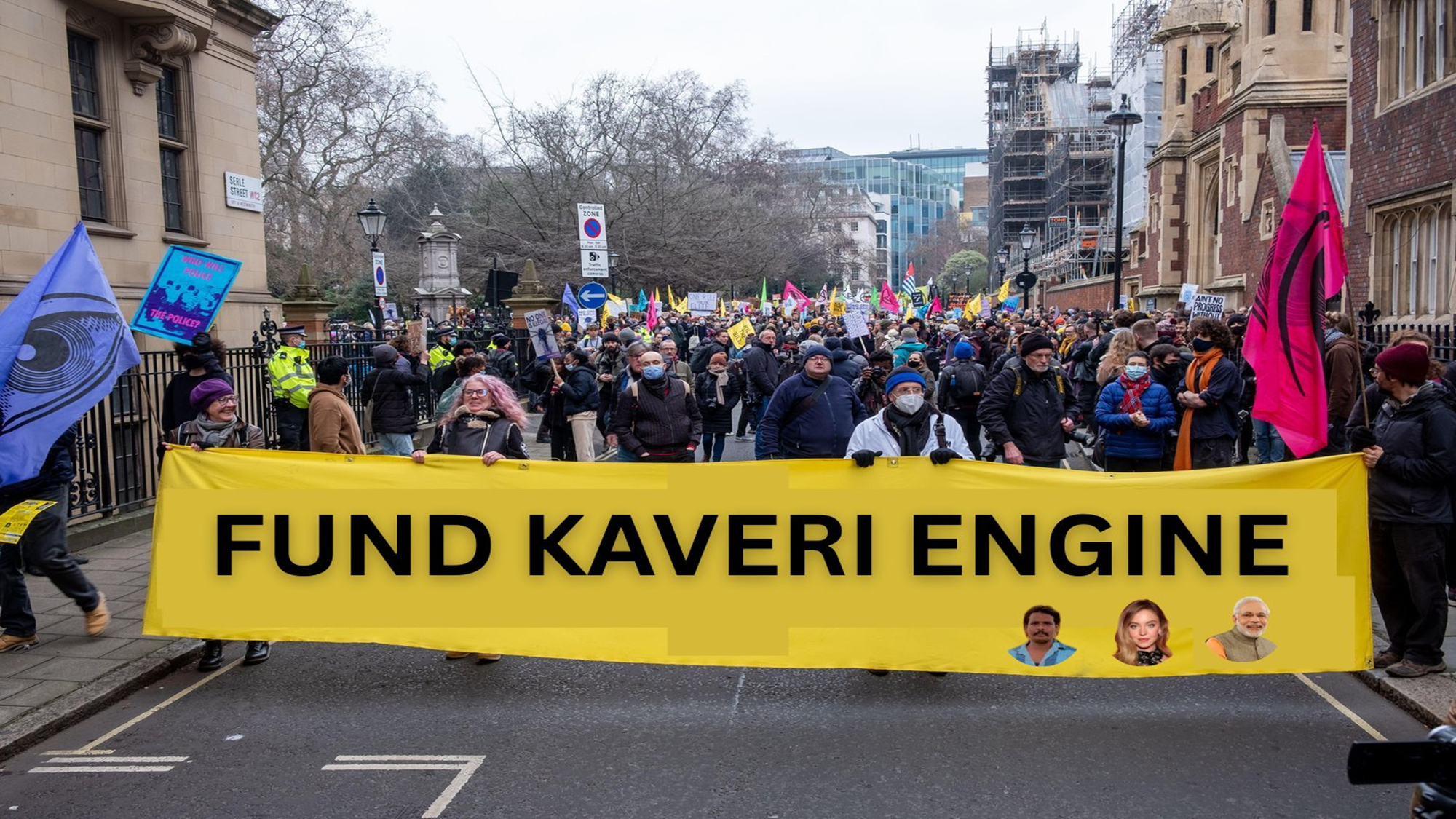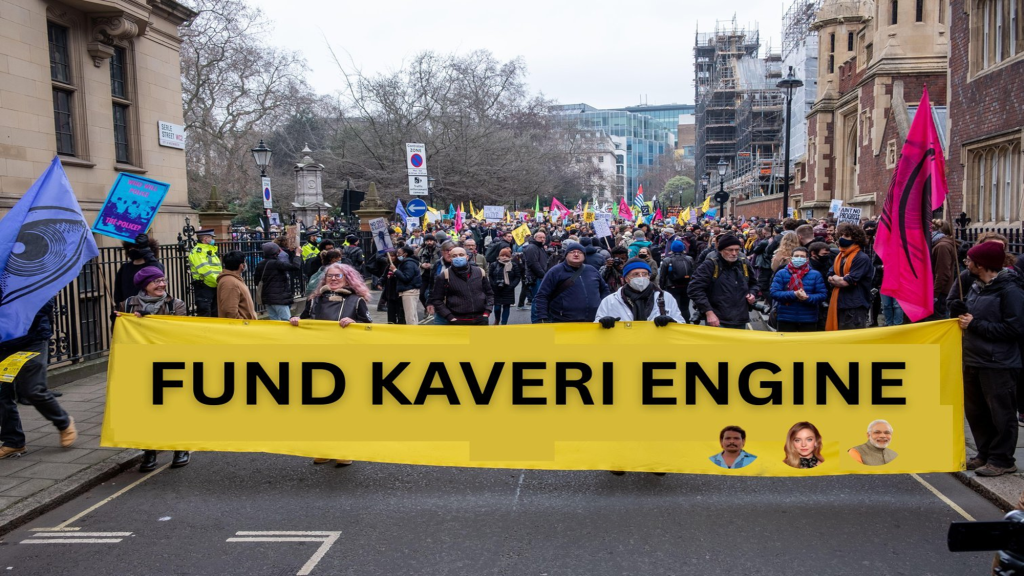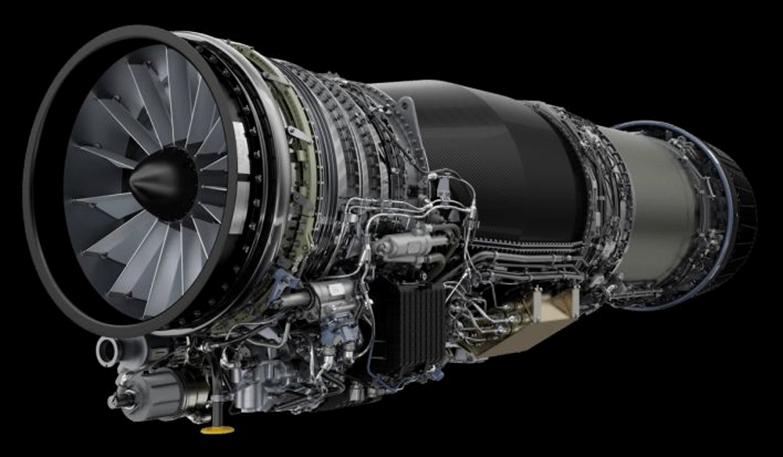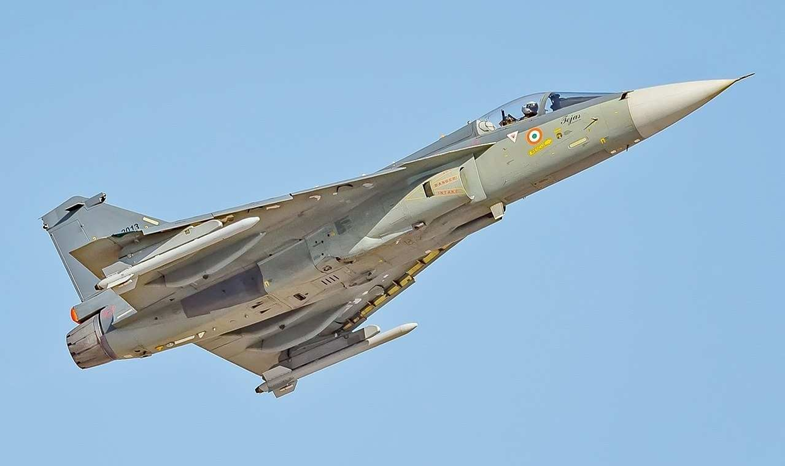The Kaveri Engine is an indigenous project led by India’s Gas Turbine Research Establishment, under the Defence Research and Development Organisation. Started in the 1980s.
Why Fund Kaveri Is Trending?
Background: The Kaveri Engine Project
The Kaveri engine is an ambitious indigenous jet engine program initiated by India’s Gas Turbine Research Establishment (GTRE) under the Defence Research and Development Organisation (DRDO). Conceived in the late 1980s, its primary goal was to power India’s first homegrown fighter aircraft, the Light Combat Aircraft (LCA) Tejas, and reduce the country’s dependence on foreign engine suppliers. Despite decades of research and over 3,000 hours of testing, the project faced persistent technical hurdles—mainly thrust deficiencies and reliability issues—which led to its decoupling from the Tejas program in 2008 and eventual sidelining in the 2010s.
Why Is #FundKaveriEngine Trending Now?
1. Renewed Nationalist Sentiment and Strategic Need
A surge of patriotic fervor and concern over India’s reliance on foreign technology—especially in the context of recent geopolitical tensions and military operations—has reignited public interest in the Kaveri engine. Many Indians see the project as a symbol of self-reliance (Atmanirbhar Bharat) in critical defense technology, and believe that reviving it is a strategic imperative for national security.
2. Recent Developments and Delays in Foreign Engine Supplies
The trend gained momentum following delays in the delivery of imported jet engines (notably from GE Aerospace) for the Tejas LCA-Mk1A. This has underscored the risks of dependence on foreign suppliers, especially in times of international tension or export restrictions. Many social media users argue that India’s aerospace ambitions have been hampered by past decisions to defund the Kaveri program, increasing vulnerability to external pressures.
3. Public and Expert Mobilization on Social Media
On May 26–27, 2025, thousands of citizens, defense experts, and veterans united on X (formerly Twitter) using the hashtag #FundKaveriEngine, urging the government to allocate more resources and expedite the program. The campaign quickly became the top trend in India, with calls for direct government intervention and even creative suggestions like increasing taxes on popcorn to fund the engine.
4. Technological Progress and Future Potential
Despite its setbacks, the Kaveri program has shown recent technical progress. The Kaveri Derivative Engine (KDE) has achieved significant thrust milestones and is cleared for in-flight testing. There are plans for advanced variants like Kaveri 2.0, targeting next-generation fighter jets and unmanned aerial vehicles (UAVs). Upgrades such as single-crystal turbine blades and stealth-optimized fans are being integrated, raising hopes that with proper funding, the engine could power future platforms like the AMCA and Ghatak UCAV.
The Broader Significance
The trending #FundKaveriEngine campaign is more than just a call for money—it is a public demand for political will, technological self-sufficiency, and strategic autonomy. It reflects widespread frustration over decades of missed opportunities and a clear expectation that India must invest boldly in indigenous defense capabilities to secure its future
“The goal is to end India’s dependence on foreign engines for building fighter jets, promoting self-reliance in defence technology.
Summary Table: Key Reasons for the Trend
| Reason for Trend | Details |
|---|---|
| Strategic Self-Reliance | Reduce dependence on foreign suppliers for critical defense technology |
| Recent Import Delays | Delays in delivery of foreign jet engines highlight vulnerability |
| Social Media Mobilization | Citizens, experts, and veterans rallying on X with #FundKaveriEngine |
| Political and Expert Support | Public appeals to PM Modi and government for funding; defense experts join the chorus |
| Technological Progress | Recent advances in Kaveri derivatives and potential for future fighter and UAV platforms |
Conclusion
The “Fund Kaveri” trend is a powerful reflection of India’s aspiration for technological sovereignty in defense. It is driven by a mix of strategic necessity, public sentiment, and renewed optimism that with adequate funding and political backing, India can finally realize its decades-old dream of an indigenous jet engine











